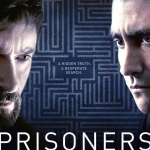🎬 Paths of Glory (1957): A Masterpiece of Anti-War Cinema and the True Cost of War
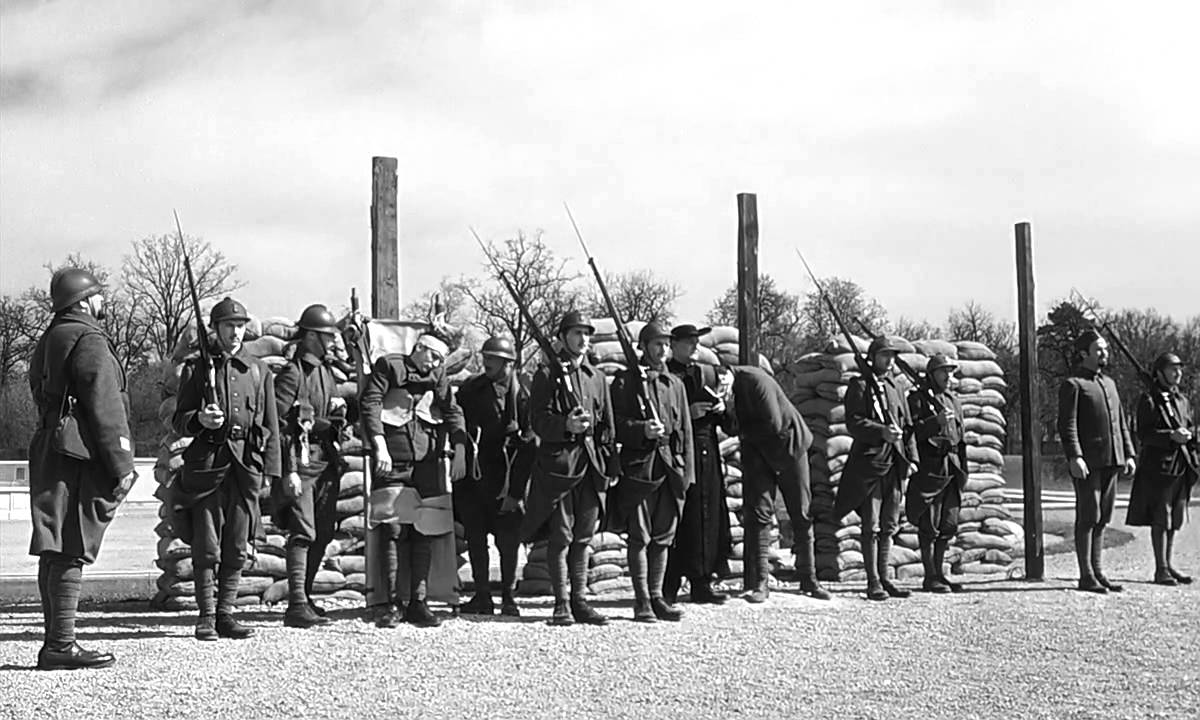
Stanley Kubrick’s Paths of Glory (1957) is an undeniable classic in the pantheon of anti-war films. Set during World War I, this film not only highlights the brutalities of trench warfare but also exposes the corruption, inhumanity, and bureaucracy that can arise in the military hierarchy. Starring Kirk Douglas in one of his finest performances, Paths of Glory is a powerful and emotional indictment of war and its senseless tragedies.
Plot Overview:
The film is set in 1916, during the height of World War I, when the French army orders its troops to seize a heavily fortified German position known as the “Anthill.” The mission, however, is nothing short of suicidal. Colonel Dax (Kirk Douglas), a principled and brave officer, leads his men into battle but, as expected, the mission fails miserably due to overwhelming enemy fire.
In the aftermath, the French generals—seeking a scapegoat for their own failed tactics—decide to court-martial three soldiers at random, accusing them of cowardice and failure to follow orders. Colonel Dax, who once practiced law, takes it upon himself to defend these soldiers in a farcical trial where their fates are sealed from the beginning.
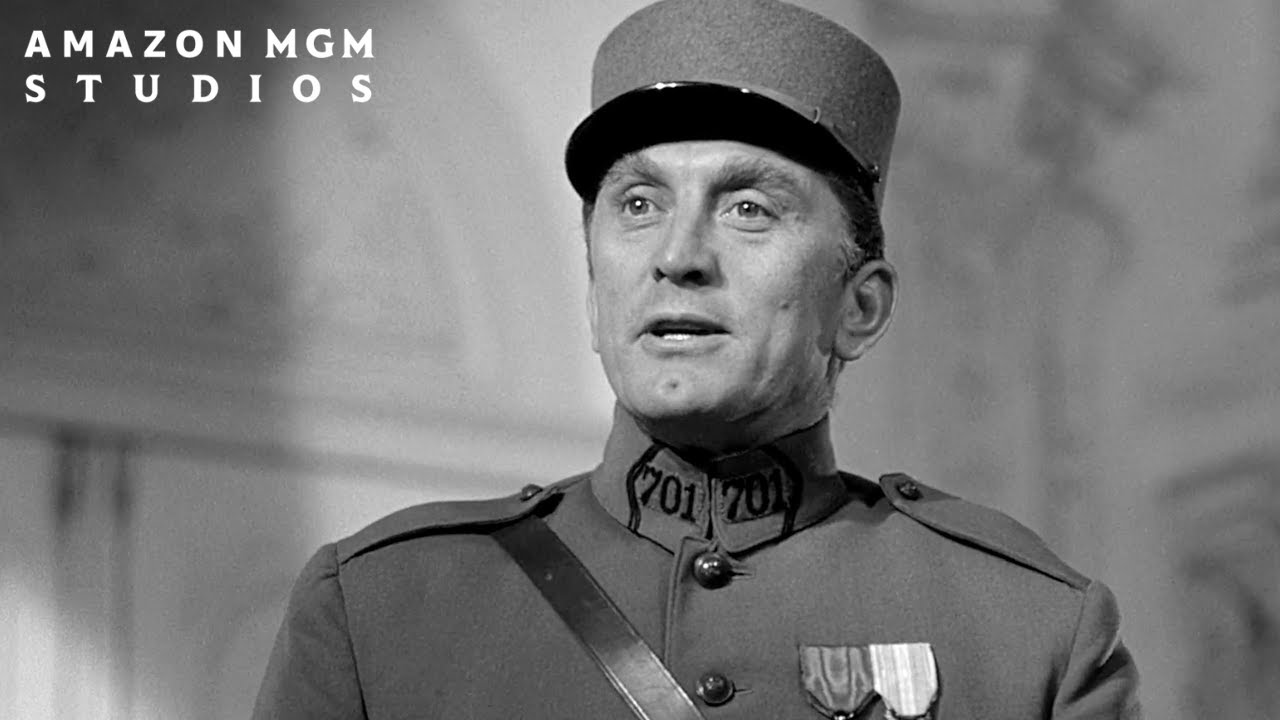
Character Analysis and Themes:
At the heart of Paths of Glory is Kirk Douglas’s Colonel Dax. His portrayal of a soldier who is both heroic and empathetic forms the film’s moral core. He is appalled by the senseless sacrifice of his men and the dehumanizing nature of war, but he finds himself trapped within a system that values political gamesmanship over human lives. His defiance against the top brass reflects his struggle against a system that often fails those who serve it.
The film also presents a powerful critique of the military’s bureaucracy and the horrifying disconnect between those who order attacks and those who are forced to carry them out. The generals in Paths of Glory are portrayed as opportunistic and out of touch, caring more about their careers and reputations than the lives of the men under their command.
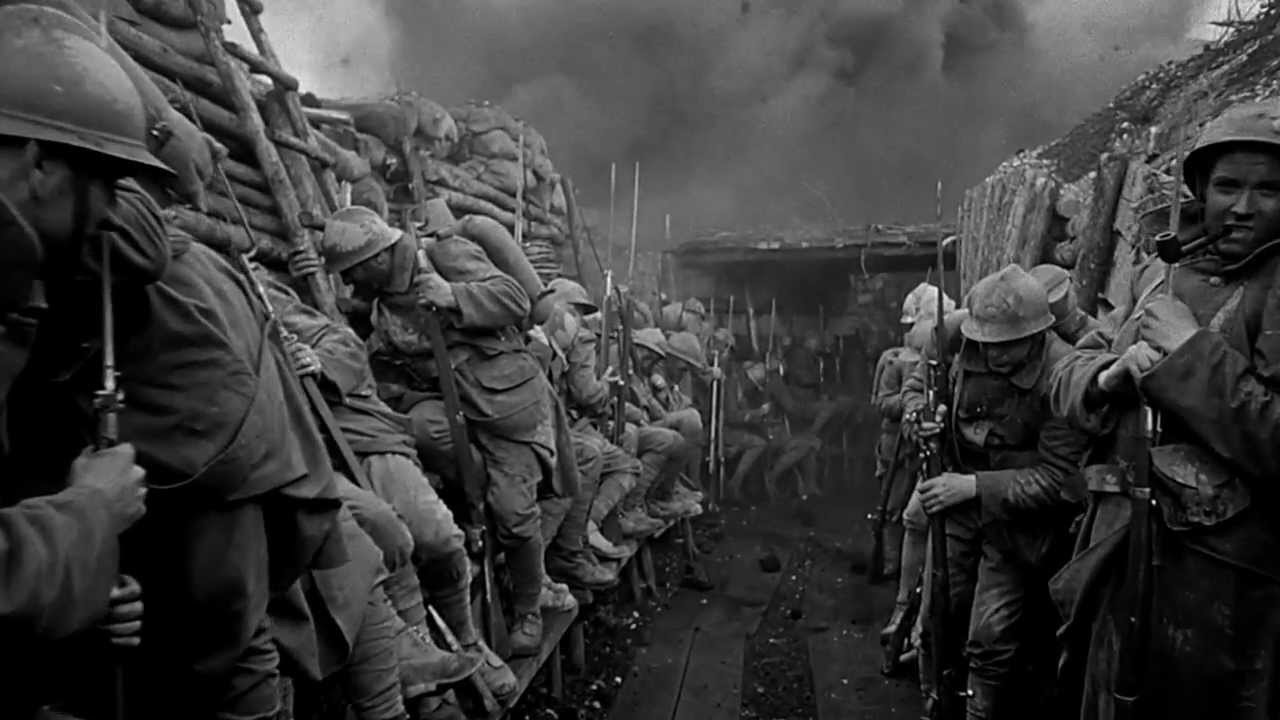
Kubrick masterfully weaves in the theme of injustice, particularly in the soldiers’ court-martial. The trial is a sham from the start, serving only as a way to shift blame away from the incompetence of the higher-ups. The sense of helplessness and inevitability in these moments is devastating, capturing the absurdity of war and the ease with which individuals become pawns in a much larger, impersonal game.
Cinematography and Direction:
Kubrick’s signature style is evident throughout the film. His meticulous framing, long tracking shots, and use of stark black-and-white cinematography elevate the emotional intensity of the narrative. The trench warfare sequences are particularly harrowing, with claustrophobic shots that make the viewer feel the tension, fear, and chaos of the battlefield.
Kubrick contrasts these scenes with the cold, clinical nature of the French military leadership, often filming them in grand, sterile settings that emphasize their detachment from the horrors of the frontlines. This juxtaposition highlights the chasm between the officers who command and the soldiers who suffer.
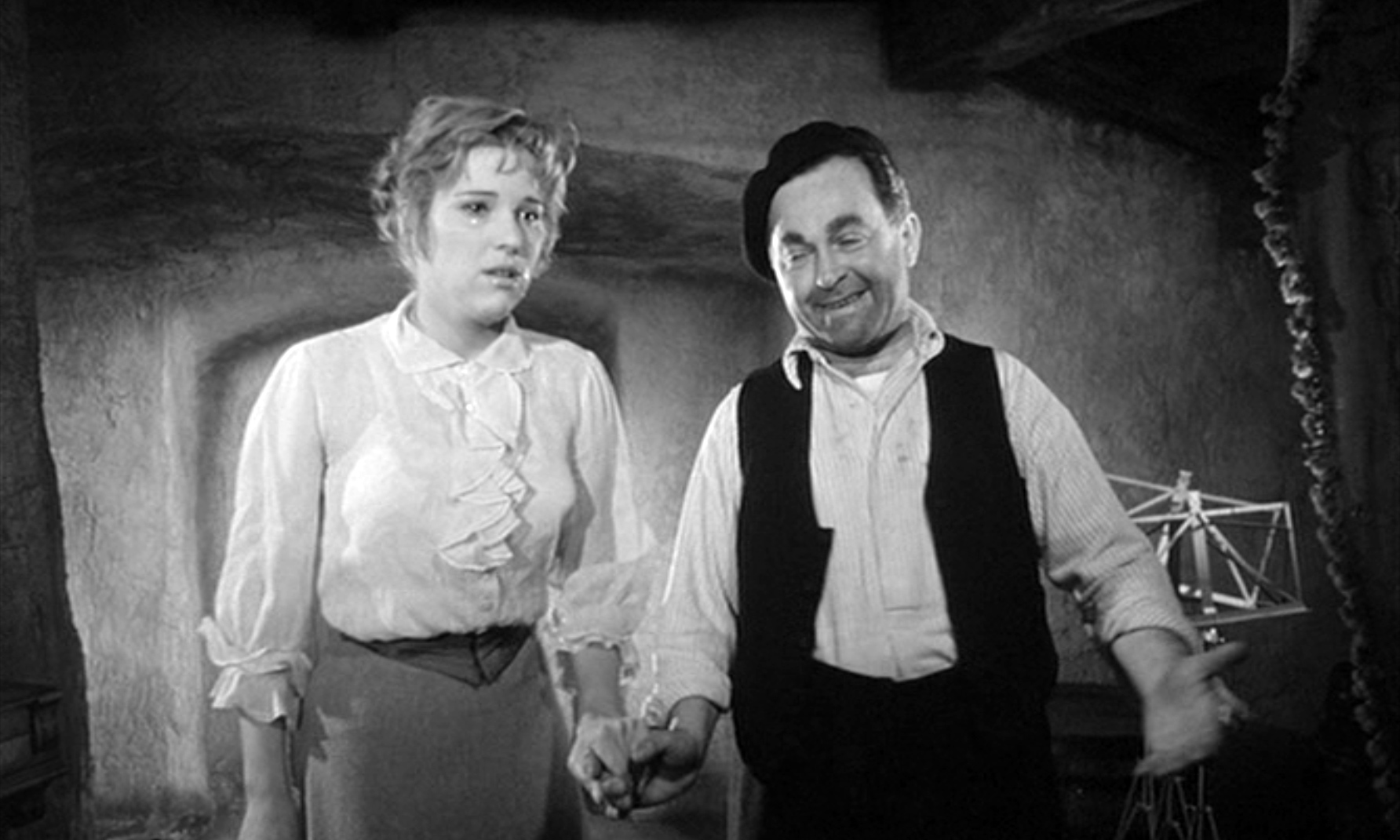
Impact and Reception:
Though Paths of Glory was not initially a commercial success, its reputation has only grown over time, solidifying its place as one of the greatest anti-war films ever made. Kubrick’s uncompromising vision and the film’s exploration of themes like sacrifice, leadership, and moral courage remain as relevant today as they were in 1957.
The film’s closing scene, where a German girl sings a haunting song to a group of battle-weary French soldiers, is one of the most poignant moments in cinematic history. It reminds viewers of the shared humanity between enemies and the senselessness of violence.
Final Thoughts:
Paths of Glory is not just a war movie—it’s a damning critique of the military establishment and the heartless bureaucracies that send men to die for glory, medals, and careers. Kubrick, with his unflinching directorial eye, masterfully captures the futility of war, making this film a timeless meditation on power, humanity, and justice.
If you’re a fan of war films that focus on the human condition and the moral costs of conflict, Paths of Glory is a must-watch. It stands as one of Stanley Kubrick’s finest works and a vital entry into the genre of anti-war cinema.
Movie Information:
- Title: Paths of Glory
- Director: Stanley Kubrick
- Starring: Kirk Douglas, Ralph Meeker, Adolphe Menjou
- Genre: War, Drama
- Release Date: December 25, 1957
- Running Time: 88 minutes
- Rating: Not Rated
- Plot Summary: During World War I, a French colonel defends three soldiers accused of cowardice in a farcical military trial after a failed attack on a fortified German position.
SUGGESTED VIDEO FOR YOU:
[Movie Review] The Great War of the Norse Gods || Thor 2011
[Movie Review] BATTLEFIELD: Fall Of The World – Holy War Against Alien Hounds









